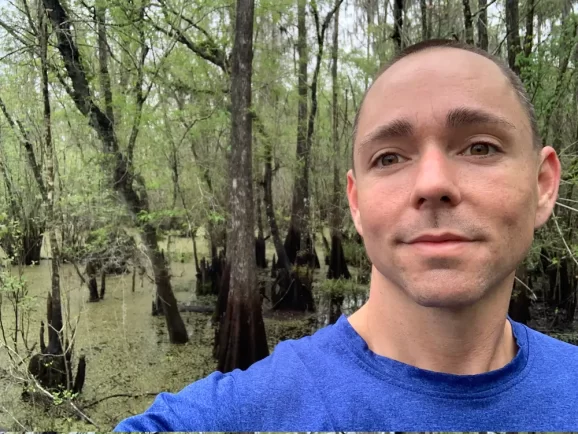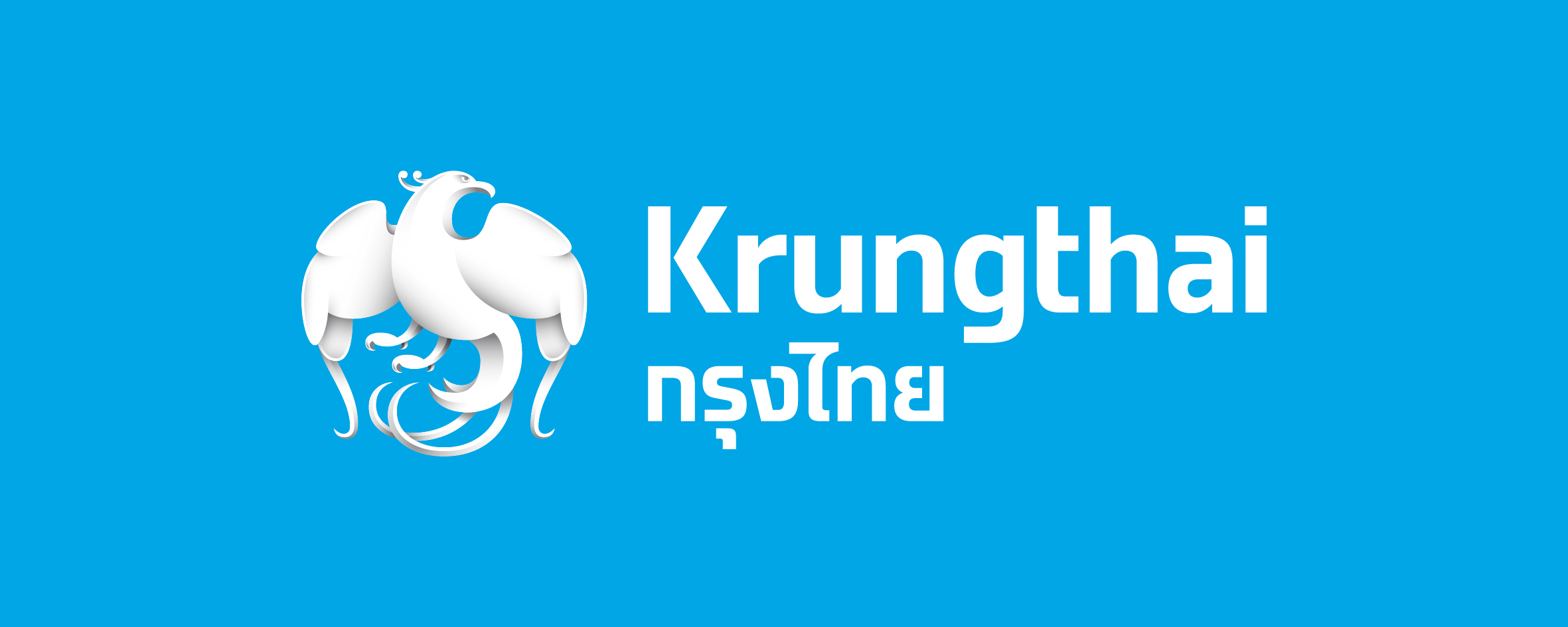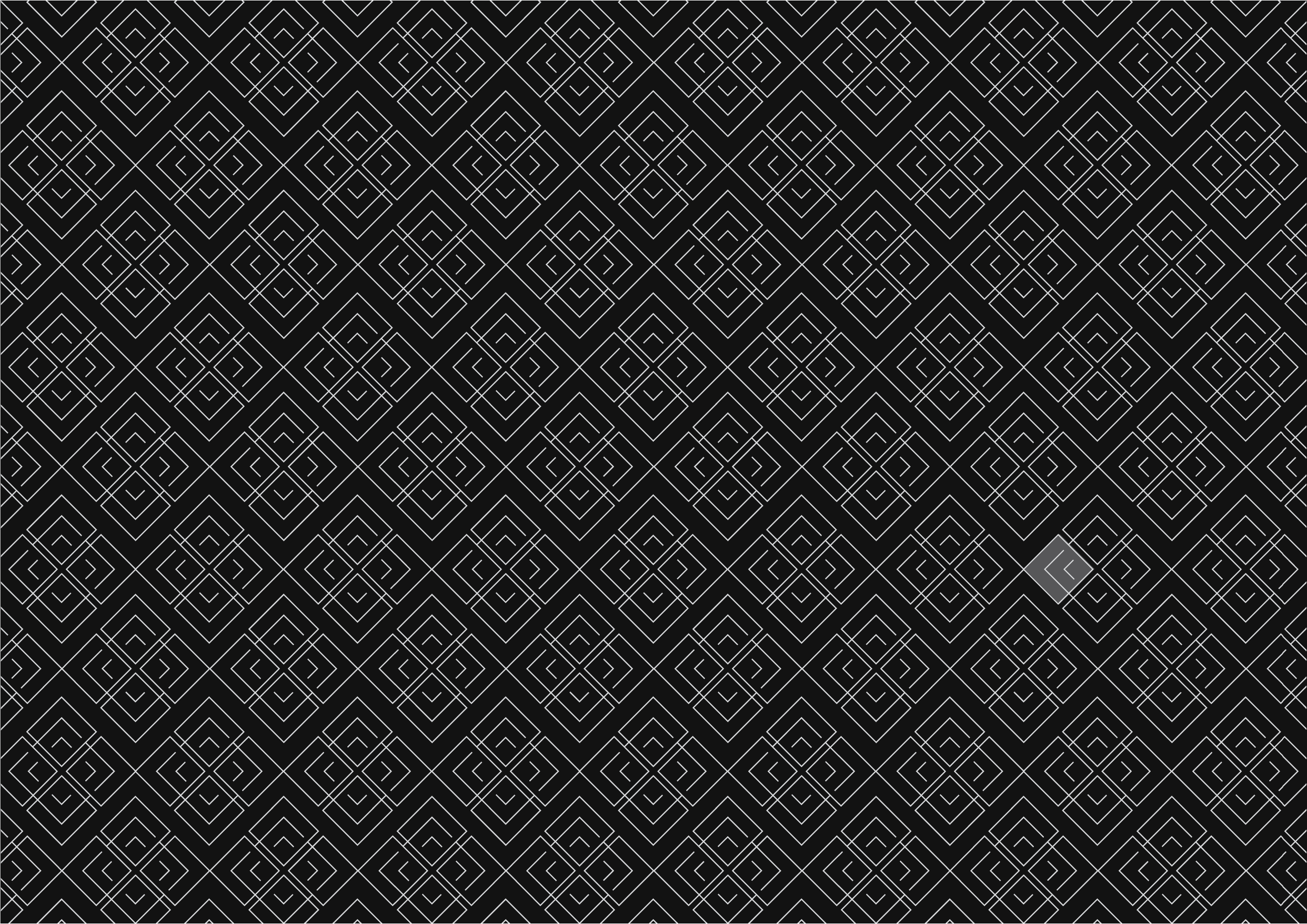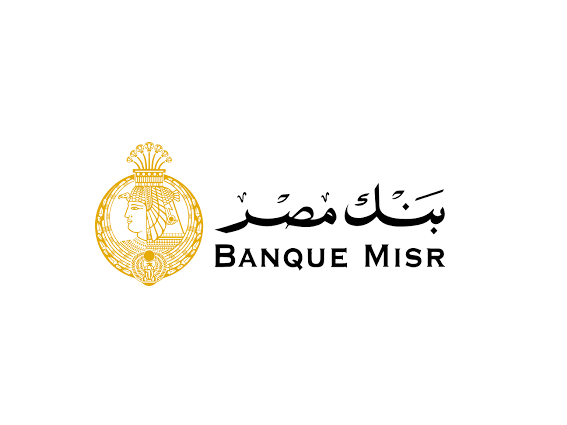Tackling academic data irregularities

John E. Kaye

Jonathan N. Pruitt saw his scientific career crash and burn because of data irregularities. His own research, however, suggests data irregularities are widespread within the scientific community, with far-reaching implications
It’s a strange thing, to be the world’s most infamous spider biologist. After a decade of studying our eight-legged friends, I was headhunted by a variety of institutions across the Unites States and then aboard.
My research explored how animal societies evolve and collapse. But in early 2020 my work was drawn into question, as a series of data regularities, indicating mistakes or possible manipulation, were discovered in several dozen of my nearly two hundred works.
Scientific publishers across the world acted quickly to retract; that is, to remove from publication, out of caution, any study harbouring irregularities to prevent them from causing harm.
In perhaps a week, I saw most of my friendships, my identity, and my professional standing burned. Most of the process occurred via social media (twitter, blogs, etc.). I wouldn’t recommend the experience recreationally if you were considering it. As the frequency of irregularities in my data seemed so great, I grew curious as to how abundant anomalies like mine were overall.
For this exercise, I randomly selected works from my own fields of ecology, evolution, and behaviour — fields where I am most familiar with the data and was therefore least likely to misapprehend them. I decided to focus on digit anomalies because digit anomalies have been used as evidence of data manipulation for decades.
What are ‘digits anomalies’, you ask? Imagine we are starting an iguana breeding operation in Central America, where we will weigh each female prior to her laying eggs. When we weigh our pregnant iguanas, they’ll measure as some number of kilos, but the scales will be more sensitive than that — no doubt measuring the lizards’ weight to small fractions of grams.

Former behavioural scientist Jonathan N. Pruitt was, until 2020, the Associate Professor of behavioral ecology and Canada 150 Research Chair in Biological Dystopias at McMaster University.
Those last few digits at the right of each weight are predicted to be ‘noisy’ (that is, meaningless variations). So noisy, in fact, that the probability of each digit being a three or a two, or whatever, should be equal. As such, deviations from this expectation are often used as prima fasciae evidence of manipulation or lesser psychological biases.
In my scan, I discovered that more than 80 per cent of published studies contained irregularities. More than a quarter contained very serious irregularities. These findings suggest that either data manipulation is completely rampant, or that some kinds of irregularities are an incidental part of many studies.
The implications are grave because the reproducibility of findings in many scientific fields approximates 25-33 per cent. So, in addition to the familiar complaint that many scientific fields have questionable immediate (or even long-term) usefulness to society, business, or government writ large, one could reasonable also levy the critique that many studies can’t even be (uselessly) reproduced.
It’s undeniable that data irregularities could be linked to this inconvenient truth. So, what to do?
Thankfully, now more than ever, the tools necessary to detect and characterise data irregularities are readily available.
In my own reproduction of a study, I wore a body camera to document the entire affair. Capturing and storing that record was cheap and easy, even for one lowly and fallen scientist trapped in a hotel room. In the States, we ask our police to document their behaviour via camera. Should not scientists do the same?
The scientific community also possesses programs for detecting data irregularities, and these scans should occur prior to a paper being sent out for review — not years after, when the origins of irregularities become rather opaque. By doing so, not only would we more likely to catch fraudsters before they venture far, but we should be able to sort out the nondeterministic biases that led to irregularities in the works of selfless-Sally-scientists A, B, and C.
What the scientific community cannot survive is the possibility, were it ever carefully documented, of treating some studies’ irregularities more seriously than others, especially if those practices were deployed in a self-serving manner by higher powers.
Academic scientists reasonably argue that, more than almost any other subculture, they advocate for the dissenting hypothesis. They allege consummate transparency, and thus, their evidence is superior to any other. Unfortunately, low reproducibility, high frequencies of data irregularities, and baked-in structural rewards for fame-courting risk dismantling science’s ability to occupy the role it wishes and needs to fulfil.
Luckily for us all, the tools necessary to address these issues, and to promote the transparency and accountability the world needs, reside at our fingertips. The world need only insist that those tools be leveraged. If we do, then they will. If so, incidents like my own will become nothing more than web-ridden relics on the ash heap of history.
And what ever became of me? Well, I metamorphosed into an author of dark fantasy and satirist. My first novel, The Amber Menhir, has just debuted and features a dystopian world where vampiric intellectuals have subjugated the masses under the auspices that they alone can save existence.
Strictly fiction, obviously. It’s worth the ticket to entry, if you ask me, and it’s quite the ride.
Q&A Interview With Jonathan N. Pruitt
Jonathan N. Pruitt’s debut novel, The Amber Menhir, is out now. To mark its release, we caught up with Pruitt to find out more about the dark, satirical fantasy.

Q. Prior to becoming a fantasy author, you were once a prominent scientist but received censure for data anomalies within your work. What can you tell us about this?
A. We all have a past, I suppose. After spending more than a decade studying societal collapse in animals, strange copy/paste events were discovered in two dozen of my almost two hundred studies. The internet, especially Twitter (X), went crazy over it. Most scientists publicly interpreted the duplications as deliberate, even though the duplications almost never improved or altered a study’s findings. Twitter’s interpretation never made much sense to me, though I suppose that’s all water under the bridge now. I could pine over it, but that doesn’t strike me as useful. Better to steady the buffs, keep your eyes forward, and try and do something productive with your life. If Science Twitter wants to relive the past, then I’m happy that my life continues to give them a reason to get out of bed each morning. We all need that, right?
Q. How do you feel after being found in a formal investigation to have committed data duplication and inadequate record-keeping?
A. I sadly agree with at least part of those conclusions. Had I kept better records of my early research, I think I would have been able to save more studies from the chop. But, I changed universities often over my career, and many schools didn’t have data management requirements. I didn’t hold myself to a higher standard that, in retrospect, I probably should have.
Though I disagree with some aspects of the data probe, there’s no denying that my sorts of data irregularities shake the public’s trust in science more broadly, and for that I am sorry. The public needs the sort of science professed to us all in grade school, though I fear science in practice is a far greyer beast.
Q. Why, of all the paths open to you, have you decided to reinvent yourself as an author?
A. I’ve always enjoyed the art of storytelling. Whether you’re writing a persuasive article, a perspectives piece, a research paper, or a tale featuring eunuch armies and flying lizards, there are principles that help a story stick its landing. When at a recent crossroads, I took an inventory of my skills and assets. I determined which stood broken, which seemed bruised, and which remained intact. I count myself lucky that one of my greatest strengths, a love of writing, remained among the intact. I’d always planned to write a fantasy series and, while to some degree, I began the goal at gunpoint, I am thankful for the impetus. I fear that if the universe had not driven me to discomfort, I might never have acted.
Q. Why did you decide on writing within the fantasy genre?
A. I love fantasy. I always have. It was fantasy that lured a frenetic, nervous child who could scarcely sit still for a math lesson into reading tomes. I think it’s the catnip that lures many young folks into the escapism of reading, and writing, for that matter. Fantasy lets reader and writers collaborate in envisioning our world turned inside out or upside down, or another world entirely. It lets the theatre of the mind run as fast and as far as it likes unbridled. It lets you bestow singeing commentary with a wink. For as long as I can remember I’ve been falling all over myself for the chance to try my hand at the genre.
Q. How would you describe your debut novel, The Amber Menhir?
A. It’s a playful and sinister romp through a world commandeered by a vampiric class of intellectuals that have enslaved the world with the promise that they alone can save it. It’s a horrific society where both the entitled and the subjugated are forever at risk. Yet amid all the darkness, the strength of the human spirit and hope take root and, slowly but surely, grow. Above all, it’s boned with dark-witted whimsy and bite, but it’s also armed with the philosophy that there is no evil that cannot be undone.
Q. Where did the idea from the novel come from?
A. The idea for the setting came from contemporary politics. One needn’t look far to find narratives that leverage some “unprecedented” or “apocalyptic” threat that only group ABC can help to circumvent. Fear is a cheap but powerful device for social engineering. The characters and plot are imagined from bits and bobs from every part of my life: favourite villains, favourite heroes, political personalities, and so on. None of them are truly autobiographical, but every corner of my experiences have made their marks in some way.
Q. How challenging was it to write the novel, especially given its your literary debut?
A. Well, I suppose that depends on what you mean by “write the novel”. If you mean to draft a novel, that takes me three to five months. That’s going at about 1,500 words a day (~2 hours of physically writing). But that doesn’t produce any draft I’d share. It required years of rephrasing and culling to produce a lean volume that I’m proud of. Sculpting the “lean epic fantasy” doesn’t happen overnight, for me anyhow.

With his accomplished debut, Jonathan N. Pruitt has already placed his stamp firmly upon the fantasy genre. The Amber Menhir casts a literary spell just as powerful as that of the most fearsome thaumaturge.
Q. How do you feel now that the first book is completed and in print?
A. Frightened but hopeful. I’ve been planning and drafting this series for more than three years. I’ve been planning out how to orchestrate the debut for almost as long. These novels have become such a pillar of my identity that their success or ruin are the stars of my literal dreams and nightmares. A bit of each, both dream and nightmare, have already come to life. I’m going to do my best to strap myself in for the ride, even if it goes off the rails.
Q. Who have been your greatest literary inspirations for the novel, and why?
A. There are too many to count. MK Jemison’s experimentation with story structure and perspective always interests me. Jim Butcher’s mix of playful pop culture and the poignant are a fix I look forward to. What would fantasy be without pillars like Tolkien, or Lewis, or Carroll, or Rowling? Whatever it would be, I doubt I’d be writing it.
Q. The novel has a satirical element to it, criticising the rampant power politics within the academic menhirs of the storyline. How closely does that align with the realities of the real- world academic community?
A. Much of the foibles are identical between my duplicitous scholar class and the real academy. Though, I deliberately turn everything up to the 11th, tongue-in-cheek degree. There will be some jokes that only those ensnared in academia’s web will detect. I know that some of them will have it in them to laugh. My favourite episodes of South Park are, after all, those that fillet my own subculture. I don’t think I’m alone in that.
Q. The novel is the opening entry of a series, ‘The Shadows of the Monolith’. What can you reveal about how the storyline will evolve?
A. The first pair of novels introduce the readers to the world at two tiers of politics. The first lures you into the web of a single menhir. The second invites you into the greater dance between the menhirs. From there, we will see if our heroes stand a chance in their world. I have hope, but I’ve been wrong before…
Q. What do you think readers will enjoy most from your fantasy series?
A. I hope they’ll enjoy a playful, quick-witted story with a cast of characters that don’t drag. I think a good many could-be fantasy enthusiasts are alienated by the commitment of reading a thousand-page book, let along fourteen of them. And while I enjoy such epic stories myself, I hope that I’ll be able to deliver the same kind of worldbuilding and story but with a lean, sharpened edge. With luck, this series could be the bait that pulls more readers into the genre. I think they’ll enjoy waters.
The Amber Menhir (Book One of The Shadows of the Monolith) by Jonathan N. Pruitt is out now on Amazon in paperback, hardcover, and eBook formats, published through Spinner Loom Press and priced £15.34, £28.58, and £9.99 respectively. For more information, visit The Shadows of the Monolith.com or follow the author on Instagram.
RECENT ARTICLES
-
 Afore SURA awarded Pension Fund Management Company of the Year 2025
Afore SURA awarded Pension Fund Management Company of the Year 2025 -
 BOV Fund Services Limited wins in The European Banking & Finance Awards 2024
BOV Fund Services Limited wins in The European Banking & Finance Awards 2024 -
 Amberdata wins two titles in The European Banking & Finance Awards 2024
Amberdata wins two titles in The European Banking & Finance Awards 2024 -
 Ajman Bank wins in The European Banking & Finance Awards 2024
Ajman Bank wins in The European Banking & Finance Awards 2024 -
 Creditú wins three titles at The European Banking & Finance Awards 2024
Creditú wins three titles at The European Banking & Finance Awards 2024 -
 Krungthai Bank PCL wins five awards in The European Banking & Finance Awards 2024
Krungthai Bank PCL wins five awards in The European Banking & Finance Awards 2024 -
 Oakridge Property Group wins at The European Global Business Awards 2024
Oakridge Property Group wins at The European Global Business Awards 2024 -
 Old Mutual Investment Group wins two titles at The European Global Banking & Finance Awards 2024
Old Mutual Investment Group wins two titles at The European Global Banking & Finance Awards 2024 -
 AXA IM Select wins at The European Global Banking & Finance Awards 2024
AXA IM Select wins at The European Global Banking & Finance Awards 2024 -
 Zenith Bank Ghana wins five titles at The European Banking & Finance Awards 2024
Zenith Bank Ghana wins five titles at The European Banking & Finance Awards 2024 -
 SeABank awarded The Risk Management Bank of the Year - Vietnam 2024
SeABank awarded The Risk Management Bank of the Year - Vietnam 2024 -
 Vista Land & Lifescapes Inc. wins three titles at The European Global Business Awards 2024
Vista Land & Lifescapes Inc. wins three titles at The European Global Business Awards 2024 -
 Boursa Kuwait wins two titles at The European Global Sustainability & ESG Awards 2024
Boursa Kuwait wins two titles at The European Global Sustainability & ESG Awards 2024 -
 Gulf African Bank wins four titles at The European Banking & Finance Awards 2024
Gulf African Bank wins four titles at The European Banking & Finance Awards 2024 -
 Gulf Insurance Group awarded two Global Banking & Finance titles for 2024
Gulf Insurance Group awarded two Global Banking & Finance titles for 2024 -
 Eccelsa Aviation awarded three Global Business 2024 titles, including Best FBO Brand – Europe
Eccelsa Aviation awarded three Global Business 2024 titles, including Best FBO Brand – Europe -
 Afore Sura awarded Pension Fund Management Company of the Year 2024
Afore Sura awarded Pension Fund Management Company of the Year 2024 -
 Toledo Capital AG wins Best Boutique Wealth Management - Family Office 2024
Toledo Capital AG wins Best Boutique Wealth Management - Family Office 2024 -
 Banco de Chile awarded four Global Banking & Finance 2024 titles, including Bank of the Year - Chile
Banco de Chile awarded four Global Banking & Finance 2024 titles, including Bank of the Year - Chile -
 Kontora Family Office GmbH awarded Best Wealth Management Services - Germany 2024
Kontora Family Office GmbH awarded Best Wealth Management Services - Germany 2024 -
 Banque Misr awarded five Global Banking & Finance 2024 titles, including Best Banking Brand - MENA
Banque Misr awarded five Global Banking & Finance 2024 titles, including Best Banking Brand - MENA -
 Krungthai Bank PLC wins five awards in The European Banking & Finance Awards 2023
Krungthai Bank PLC wins five awards in The European Banking & Finance Awards 2023






















